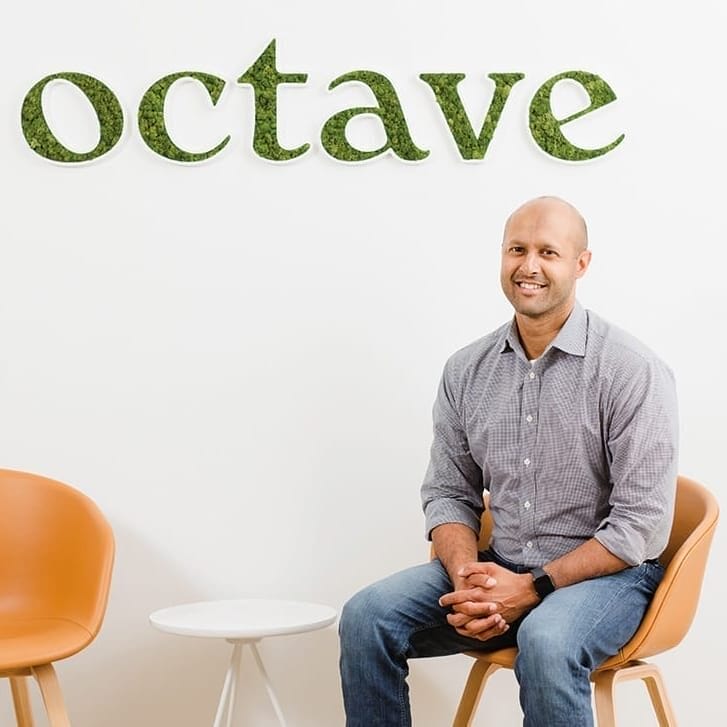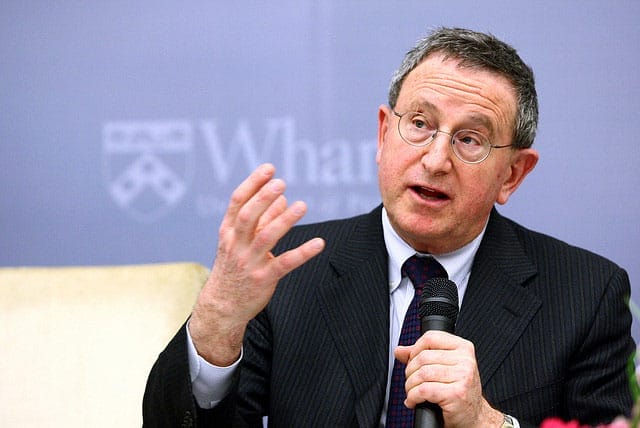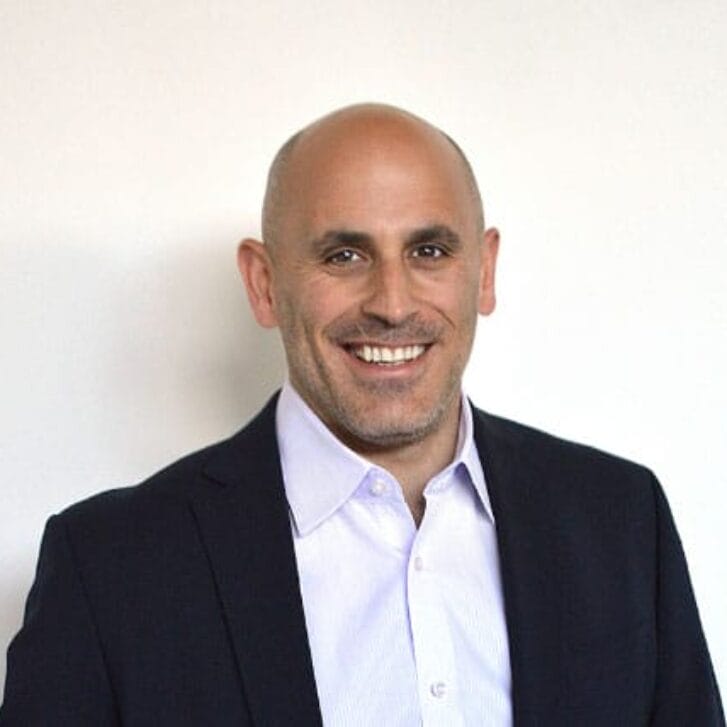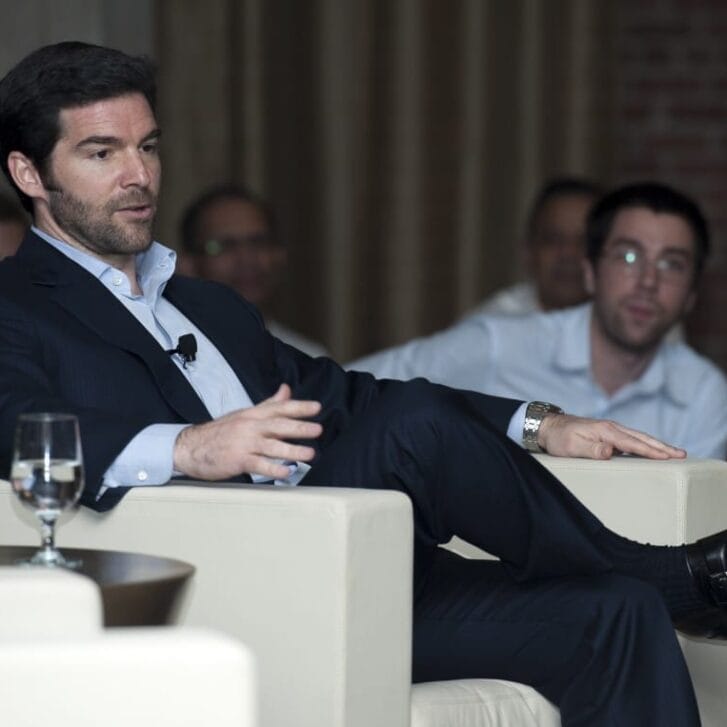In this series by Wharton Entrepreneurship, “Get To Know a Wharton Prof,” we do brief interviews with Wharton professors in order to give you a behind-the-scenes glimpse of these amazing scholars, teachers and entrepreneurs. Today’s interviewee, Raphael (“Raffi”) Amit, is the academic director of Wharton Entrepreneurship. He is also the Robert B. Goergen Professor of Entrepreneurship and a professor of management at the Wharton School. Amit founded and leads the Wharton Global Family Alliance (WGFA), a unique academic-family business partnership established to enhance the marketplace advantage and the social wealth creation contributions of global families through thought leadership, knowledge transfer, and sharing of ideas and best practices among influential global families.
Learn more about him here.
Q: Briefly describe your professional background.
RAFFI AMIT: I’m an economist by training. I got both bachelor and master’s degrees in Economics, and then a Ph.D. in Managerial Economics and Decision Sciences from the Kellogg School at Northwestern. I chose not to go into academia right away, but instead to join an early stage venture capital backed company. I worked for three years for a company called Data Resources—which was, interestingly, co-founded by Henry Kissenger—and I learned a lot about business and working at an early stage company. When I graduated, I knew a lot about mathematics, game theory and theoretical economics, but these had very little connection to business.
Later, when I joined the faculty at Northwestern, I started an entrepreneurship class there, and I started doing research on entrepreneurship and on strategy, which allowed me to apply both my academic tools as a researcher and the insight I gained by my practical experience working as a modeler.
Q: What is your field of expertise?
AMIT: For the last 10 years, I have worked in two major domains: 1) Family business: research working with families on issues that relate to governance of family businesses and succession management, and related issues, such as family wealth management; 2) In the broader domain of entrepreneurship, I work on the design and implementation of business models of emerging companies and entrepreneurial finance.
Q: Describe a recent exciting teaching moment.
AMIT: Recently, a former student named Jeff Becker cold called me. He told me that I had taught him an entrepreneurship class, and that he’d like to come and see me. When we got together, he came in with a document. It was the business plan he submitted in my class, with my handwritten notes on it. He took that business plan with my notes and started a business that he ran for ten years. He told me, “Your class changed my life and changed the life of my family for two generations, and I want to thank you for that.”
Making a difference in the lives of so many people is the big reward you get from teaching and doing a good job when you teach.
Q: How is your recent research relevant to the entrepreneurial ecosystem?
AMIT: In starting a business, every entrepreneur needs to do a lot of things. They must come up with an idea for a product or service that people want to buy or that they need. They need to hire people, they need to raise money, they need to figure out how to compete, but most importantly, they need to figure out how to do business. This is one of the most fundamental things that each entrepreneur struggles with.
In my view, innovation lies at the heart of entrepreneurship. You can innovate by coming up with a new product, but you can also innovate by finding a novel way to do business. For many companies, the way they do business is a source of innovation, rather than the product itself. The business model in and of itself is the source of value creation and value capture. My research speaks to this type of innovation.
Q: Tell us one surprising thing about you.
AMIT: I have two major hobbies: sailing and skiing—neither of which can be pursued easily in Philadelphia.
Editor’s note: The original version of this post first appeared on the Wharton Entrepreneurship Blog on Sept. 2, 2014. Read the full interview here.


























